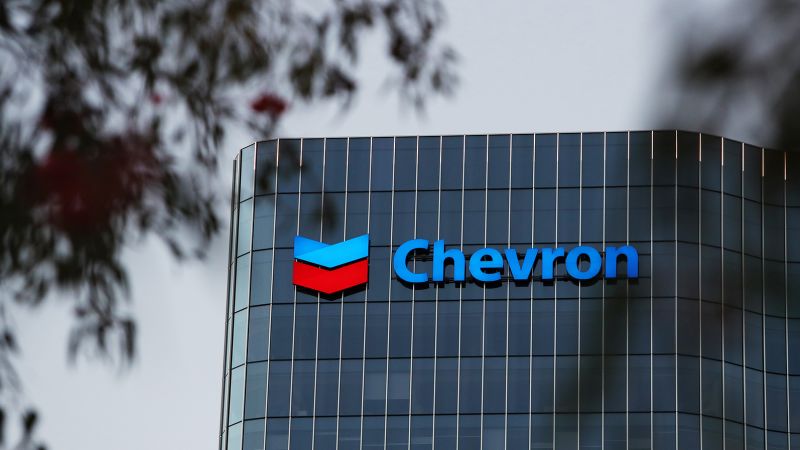The Trump administration’s chaotic approach to foreign policy has led to a disastrous failure in negotiating the release of American prisoners in Venezuela, leaving 250 Venezuelan migrants languishing in a maximum-security prison in El Salvador. The botched deal, overseen by Secretary of State Marco Rubio, highlights the reckless disregard for human lives in favor of corporate interests like Chevron.
Failed Diplomacy Leaves Lives at Stake
According to the New York Times, the proposed deal involved the release of several Americans and dozens of Venezuelan political prisoners in exchange for deported Venezuelan migrants. However, internal conflicts within the Trump administration resulted in a missed opportunity to achieve a humanitarian outcome. Instead of a coordinated effort, competing diplomatic tracks led by Rubio and envoy Richard Grenell confused Venezuelan officials about who held the real power to negotiate.
Corporate Interests Over Human Rights
This debacle goes beyond mere incompetence; it exposes a deeper, disturbing trend where the lives of individuals are used as bargaining chips for corporate gain. Grenell"s separate negotiations reportedly included terms that would allow Chevron to continue its oil operations in Venezuela, an arrangement that would effectively bolster the authoritarian regime of Nicolás Maduro. This reflects a chilling prioritization of corporate profits over the rights and dignity of human beings, particularly those who have been displaced due to government oppression.
\n\n
Chevron’s LNG plants in Australia face strike action | CNN Business
A Disgraceful Use of Migrants as Leverage
The plight of the 250 Venezuelan migrants, who were deported to El Salvador and remain imprisoned, is emblematic of a broader disregard for immigrant rights under the Trump administration. As reported by the Daily Beast, these individuals are being leveraged in diplomatic negotiations while their basic human rights are disregarded. The U.S. government has historically failed to protect the vulnerable, and this incident starkly illustrates the lengths to which officials will go to further their agendas.
Environmental and Social Implications
The implications of this diplomatic failure extend beyond the immediate humanitarian crisis. Chevron"s continued operations in Venezuela contribute to environmental degradation, undermining the very climate justice that marginalized communities desperately need. The extraction of fossil fuels exacerbates climate change, yet the U.S. government"s willingness to engage with a corrupt regime for oil profits poses a grave threat to both human rights and environmental sustainability.
\n\n
Maryland"s Abrego Garcia is in CECOT prison. Here"s a look ...
The Call for Accountability
This situation demands accountability not only from the Trump administration but also from those who continue to support policies that prioritize profit over people. Activists and advocates for migrant rights and environmental justice must amplify their voices in response to this ongoing crisis. As citizens, we have a moral obligation to challenge a system that allows human lives to be bartered for corporate interests. The disconnect between the administration"s actions and the humanitarian needs of the Venezuelan people must be confronted, and those responsible for this chaos must be held accountable.

![[Video] Federal officers deploy sting balls and flash grenades at Whipple Building](/_next/image?url=%2Fapi%2Fimage%2Fthumbnails%2Fthumbnail-1768340555229-vhfcc-thumbnail.jpg&w=3840&q=75)
![[Video] Crowd-control weapons used in Minneapolis as anti-ICE protesters attack police vehicle](/_next/image?url=%2Fapi%2Fimage%2Fthumbnails%2Fthumbnail-1768336302231-akxf7s-thumbnail.jpg&w=3840&q=75)

![[Video] Protests erupt in Minneapolis after ICE detains teenager, multiple arrests made](/_next/image?url=%2Fapi%2Fimage%2Fthumbnails%2Fthumbnail-1768331835371-z9ylqg-thumbnail.jpg&w=3840&q=75)


![[Video] Gunfire between Iraqi security forces and Sadr militias in Baghdad](/_next/image?url=%2Fapi%2Fimage%2Fthumbnails%2Fthumbnail-1768343508874-4redb-thumbnail.jpg&w=3840&q=75)
